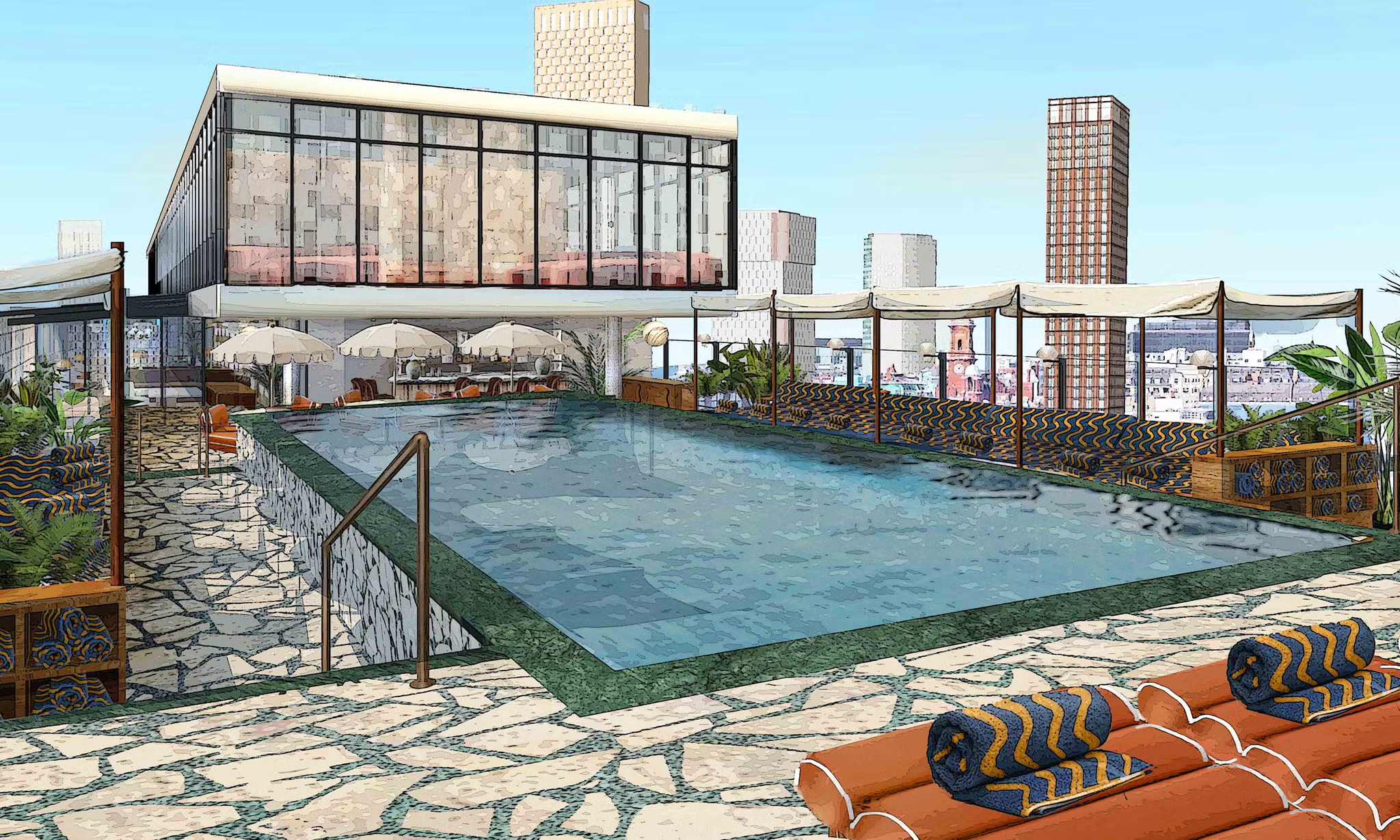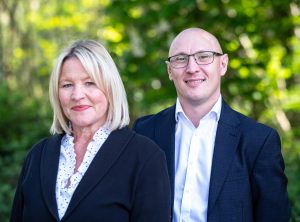Turning a corner – Salford’s move to MediaCity

IT was Jon Corner’s experiences at a post-production house in the 1980s that inspired a fascination with digital technology.
After playing in the Liverpool group 3D – and cutting a few Peel Sessions – he was working as a producer in the late 1980s just as computers were being introduced to recording studios.
“I became fascinated with the transition from analogue to digital”, says Corner who cut his teeth with the new technology stretching out 7″ singles, of what he describes as ‘eurotrash pop’, to 12″ length.
He went on to set up Liverpool-based video production business River Motion Group and now he’s overseeing the move of Salford University’s media department to MediaCity at Salford Quays. It’s a project which has allowed the university to set out its stall as a cutting edge institution at the vanguard of advances in digital media.
From October it will run 39 courses, catering for 1,500 students, over four floors of
“It’s an entrepreneurial university,” says Corner, “it’s got an amazing executive which is very driven, very switched on and very aware of how we live in a digital world and how that will interconnect across disciplines. It’s important that we don’t wrap it [the MediaCity move] as a lift and shift of media education. We’re actually preparing young people in quite unique ways.”
Corner took over from John Holland last year, a former Head of Interactive TV and digital text services at the BBC, to develop commercial partnerships and engage with the media industry. He is also charged with creating the “vision” for the department and is working on the digital elements of the fit-out. “It won’t just be industry facing,” says Corner, “it will be inter-facing – we’ll be working alongside and with them.
“It also involves looking at where the digital industries are heading at the moment. What strikes me is to work in the media, to work in TV, film or journalism, you need to be at the top of your game. It’s an industry that cherry picks talent. In other words it’s bloody difficult. Media education is focused on craft and creative. Our vision will be to raise the bar in craft and creativity and embed that with technical skills. That’s why we’re bringing together different skills and facilities and building inter-disciplinary courses.”
Corner, below, wants students to emerge with the skills that allow them, “to not only point a camera but understand the optics”, that will differentiate them from everybody else.

“It’s not just about broadcast industries, we’re looking at digital solutions for the 21st century. Everybody will utilise moving image – in communications, digital archives and rich media platforms. We want to produce students who have the experise these industries need.”







